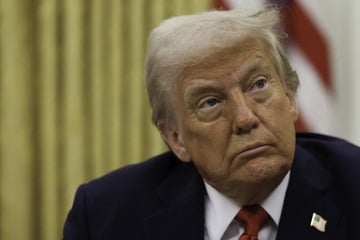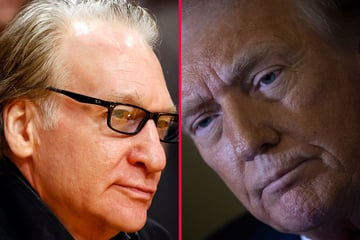US moves thousands of troops to Eastern Europe amid Ukraine crisis
Washington DC - Around 2,000 US soldiers will be sent to Germany and Poland, while 1,000 US troops currently stationed in Germany are being deployed to Romania, the Defense Department said on Wednesday.
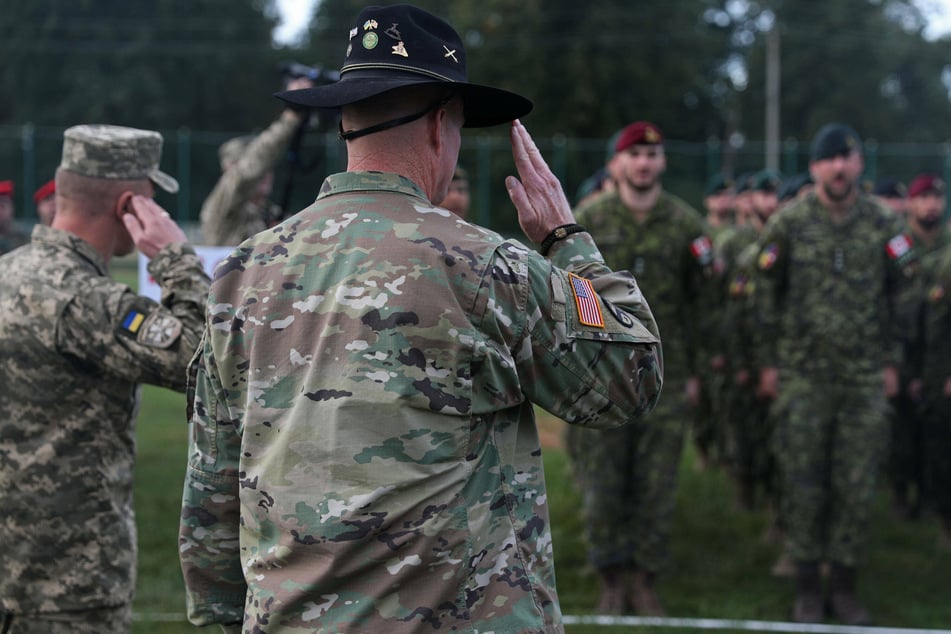
NATO countries have been moving more ships, aircraft and troops into the Baltics and Eastern Europe as a show of solidarity with Ukraine, which is being threatened by Russia.
"We remain focused on the evolving situation in Europe and Russia's actions on the Ukrainian border and Belarus," Defense Department spokesperson John Kirby said in Washington.
"The current situation demands that we reinforce the deterrent and defensive posture on NATO's eastern flank."
Kirby said the transfers will take place in the coming days and are not permanent.
"Moreover, these forces are not going to fight in Ukraine," he emphasized. "They are going to ensure the robust defense of our NATO allies."
NATO chief Jens Stoltenberg called the announcement "a powerful signal of US commitment."
Russian Deputy Foreign Minister Alexander Grushko, on the other hand, blasted it as a "destructive step" that will only heighten tensions, according to the Interfax news agency.
Putin blames US for crisis
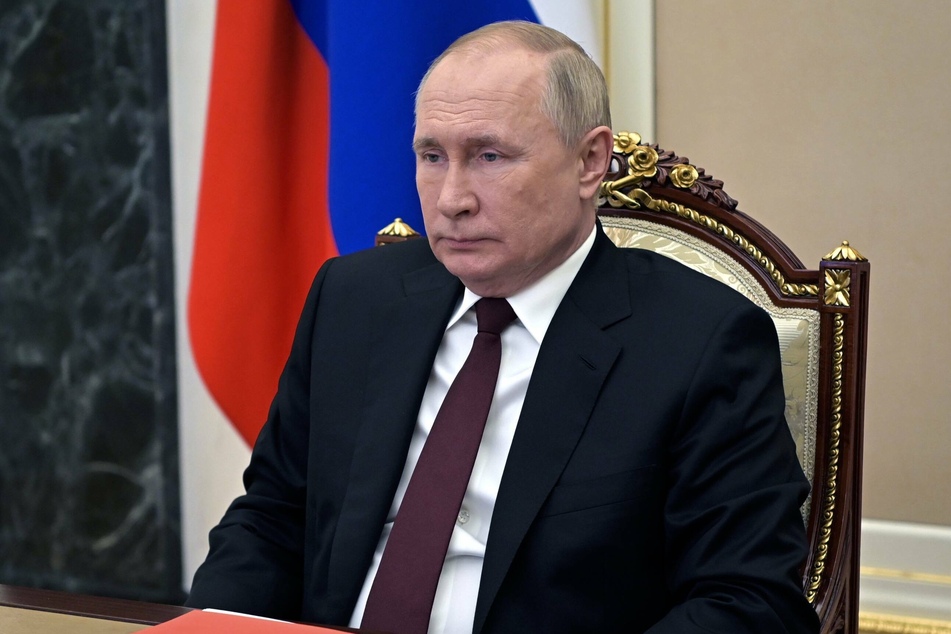
The White House said the reinforcements should not be interpreted to mean that Washington sees the crisis moving into a more acute phase.
Last month, around 8,500 US troops were put on "heightened alert" by the Pentagon for possible deployment to Eastern Europe. Kirby said the troop rotations announced on Wednesday were separate from that group.
NATO sees Russia's build-up of over 100,000 troops plus heavy equipment along the Ukraine border as a possible prelude to an invasion and are demanding Moscow pull back.
Moscow has repeatedly denied it has plans to invade its neighbor. President Vladimir Putin on Tuesday blamed Washington for the crisis and accused the US of trying to pull Russia into an armed conflict. To ease tensions, NATO must meet several sweeping security demands, he insisted.
The alliance has rejected Russia's main demands – such as barring countries like Ukraine from joining NATO – but has left the door open to renegotiating some post-Cold War security arrangements.
President Joe Biden and his French counterpart Emmanuel Macron spoke on Wednesday and pledge to continue cooperation in diplomacy and preparing potential sanctions.
Macron has other calls planned with Putin and Ukrainian President Volodymyr Zelensky for Thursday, according to the Élysée Palace in Paris.
Turkey offers to mediate
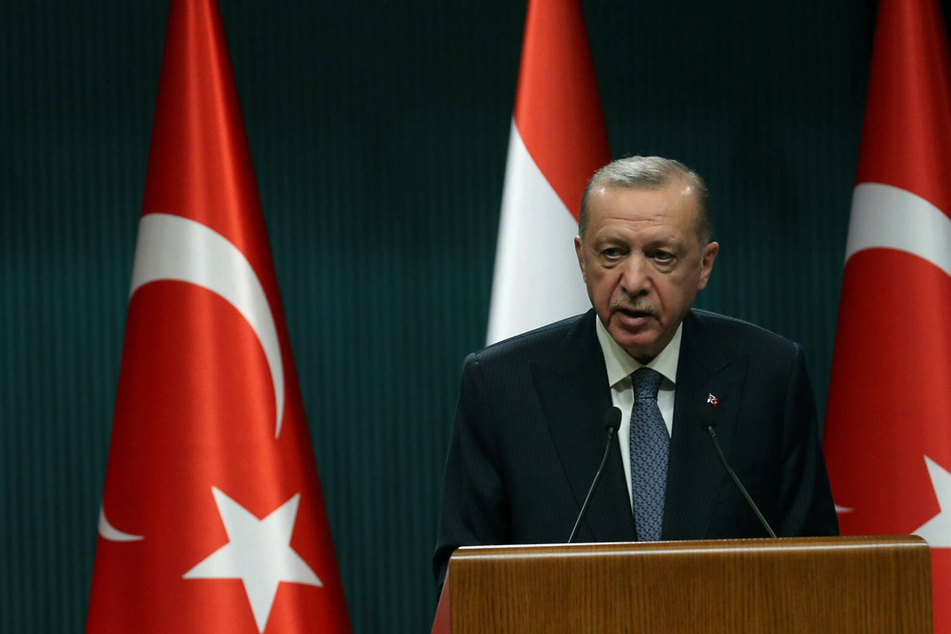
There have been a series of high-profile visits from European leaders to Kyiv, including by the British and Polish prime ministers on Tuesday.
On Wednesday, Dutch Prime Minister Mark Rutte promised Ukraine cybersecurity support during a visit to the Ukrainian capital. Rutte said at a joint press conference with Zelensky that his country was keen to offer expert advice in the area. In January, Ukraine was hit by a serious hacking attack on government websites, for which it blamed Russia.
The next leader to travel to Kyiv is Turkish President Recep Tayyip Erdoğan on Thursday. NATO member Turkey maintains close relations with both Ukraine and Russia. Erdoğan has offered to mediate talks between Zelensky and Putin, although the Kremlin has not expressed interest.
Meanwhile, German Chancellor Olaf Scholz said he will travel to Moscow "soon" for a meeting with Putin, but did not name a date.
"That is planned and will take place soon," Scholz said late on Wednesday in an interview on German public broadcaster ZDF.
Scholz left open when he last spoke to Putin on the phone. According to official briefings from the German government, there has been only one telephone call since the chancellor took office on December 21.
Cover photo: IMAGO / ZUMA Press
